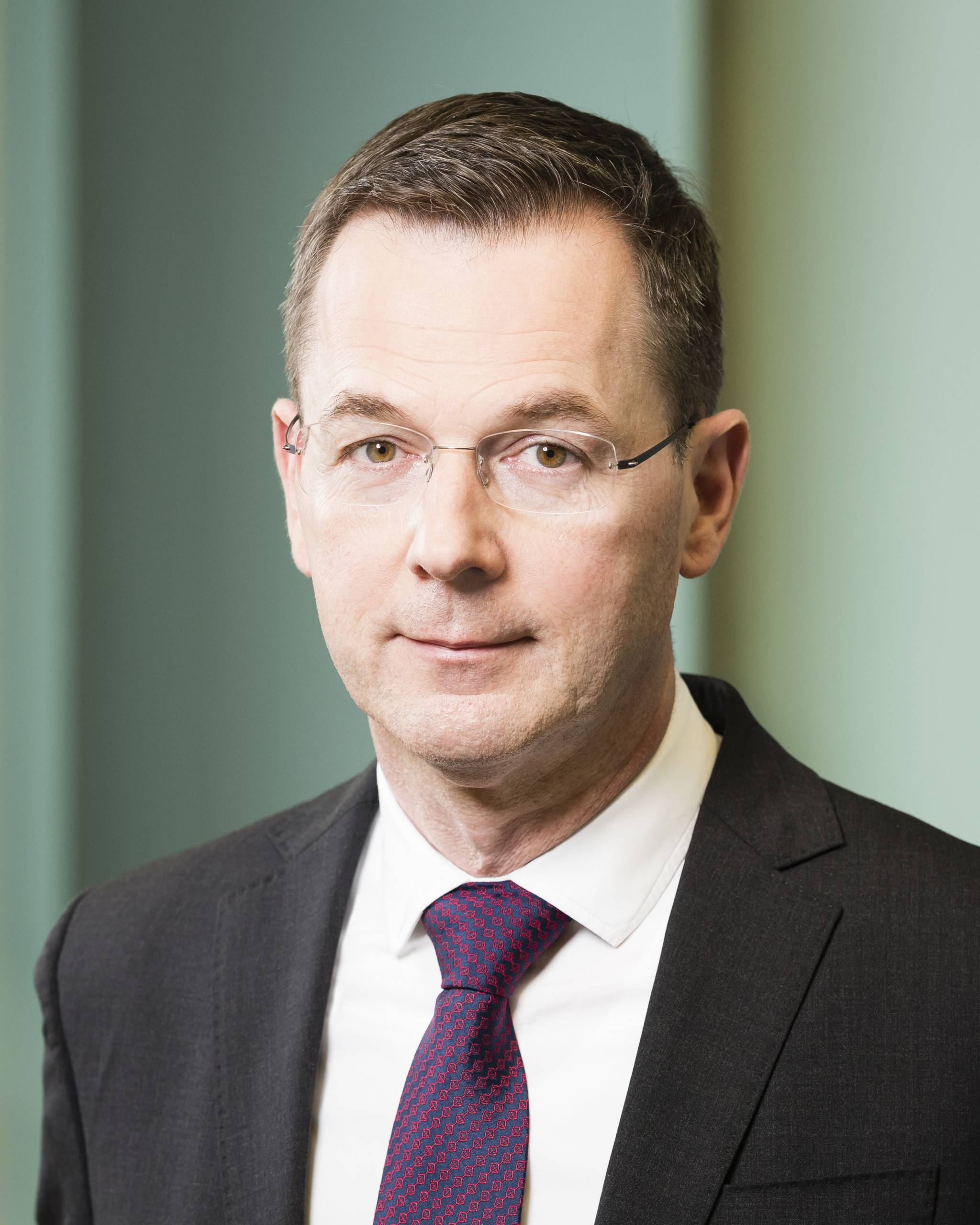We use Cookies. Read our Terms
- News
- Challenges and opportunities transcend boundaries
Challenges and opportunities transcend boundaries
Interview with Sérgio Pimenta, the International Finance Corporation's (IFC) Vice President for the Middle East & Africa

Photo: IFC
Regional integration is the special focus of the 2/2021 issue of the OPEC Fund Quarterly, which includes interviews with some of the world's foremost development professionals. Here, Sérgio Pimenta, International Finance Corporation's (IFC) Vice President for the Middle East & Africa, explains the importance of regional integration on the African continent.
Interview conducted over email.
OPEC Fund Quarterly: Why is regional integration important?
Sérgio Pimenta: Many of the development challenges and opportunities for African countries transcend boundaries. Regional integration helps African countries create jobs and raise living standards by making it easier to trade goods and services and sharing costs to become more efficient. Regional integration means larger markets where economies of scale can be leveraged, and the mobilization of increased competition. Deeper integration within existing sub-regional blocks (e.g. ECOWAS, COMESA, SADC, ECCAS) and between them through the implementation of the African Continental Free Trade Area presents a major opportunity for African countries to enhance long-term growth and lift more than 30 million people out of extreme poverty. This is why regional integration is a priority for Africa and, therefore, a priority for IFC. As of February 2021, about 17 percent of IFC’s total investment portfolio of US$10.2 billion in sub-Saharan Africa was in cross-border projects.
OFQ: Which are the most / least regionally integrated areas of the world, and what are the main obstacles preventing integration?
Sérgio Pimenta: Africa continues to be the least economically integrated region of the world, according to the United Nations Conference on Trade and Development (UNCTAD), compared to regions like Asia and Europe where pre-pandemic trade flows accounted for 67 and 61 percent of GDP respectively, compared to Africa at two percent. The World Bank Group’s Regional Integration and Cooperation Assistance Strategy aims to support Africa to remove some of the obstacles to integration; for example, weak infrastructure. More than half of the continent’s 1.2 billion people lack access to electricity. So we are helping to develop regional, interconnected electricity markets and promoting regional power trade to increase access to reliable and affordable electricity. That, and other measures, such as lowering transport costs, strengthening regional value chains, and integrating financial markets will help advance Africa’s integration.
OFQ: Are some sectors more conducive to regional integration than others?
Sérgio Pimenta: Certainly, some sectors offer more leverage than others for development impact. In sub-Saharan Africa, IFC has invested more than US$1.5 billion in regional projects, notably in disruptive technologies, regional infrastructure, manufacturing and agribusiness, and the financial sector. A recent report by IFC and Google estimates that Africa’s internet economy could reach 5.2 percent of the continent’s GDP by 2025, contributing nearly U$180 billion to its economy. We can help African countries tap into this opportunity by improving regional connectivity through shared digital infrastructure. In agribusiness, we can help improve productivity by strengthening regional value chains.
OFQ: How important is human capital?
Sérgio Pimenta: Having inadequate skills hinders competitiveness in the global economy and may prevent economies from fully reaping the potential benefit of greater regional integration. Despite notable progress in recent years, Africa lags in most human capital indicators. Some estimates show that the continent is operating at only 40 percent of its potential. Therefore, investments in education, health, and women’s empowerment are key to bridging the gap and helping people become innovators and entrepreneurs. IFC targets investment at small- and medium-sized enterprises (SMEs) and women-owned businesses to build their capacity. As regional integration progresses in Africa, those skills will empower SMEs and women-led businesses to capture more value from increased intra-regional trade.
OFQ: What has COVID-19 demonstrated about regional integration?
Sérgio Pimenta: COVID-19 has highlighted the importance of regional integration as a key element of Africa’s recovery efforts. The pandemic has challenged regional integration efforts, but it has also highlighted the criticality of integration to improve the ability of African countries to weather shocks, and to accelerate market creation on the continent at a time when access to other continents may become more difficult. Efforts at the country level need to be complemented by regional responses to better coordinate on COVID-19 regional response plans, keep regional trade flows open – especially for essential supplies and food products – support recovery of the private sector, and much more. In response to COVID-19, IFC has made available US$8 billion to help the private sector maintain economic activities, keep goods and services moving, and protect jobs.
OFQ: What role can the international community play in supporting regional integration?
Sérgio Pimenta: International organizations, especially DFIs, can help drive collective action and catalyze integration. Working with partners, the World Bank Group has been supporting regional integration initiatives in Africa since the 1980s. In an effort to support regional integration through private sector-led solutions, IFC will continue to promote trade and investment integration, with a focus on regional connectivity, regional value chains, regional champions, disseminating inclusive private sector solutions across Africa, and fostering partnerships, trade, and capital flows.
Related Stories
Interview with Sara Mbago-Bhunu, East and Southern Africa Regional Director of the International Fund for Agricultural Development (IFAD)
It's about more than just trade
Interview with Cecile Fruman, World Bank Director of Regional Integration and Engagement, South Asia
A high-impact strategy
Interview with Konstantin Limitovskiy, Asian Infrastructure Investment Bank (AIIB) Vice President of Investment Operations (Region 2)